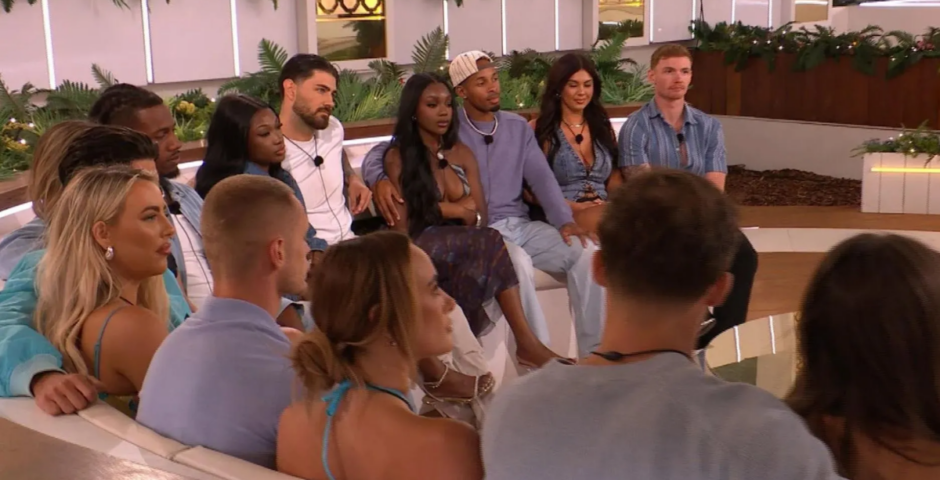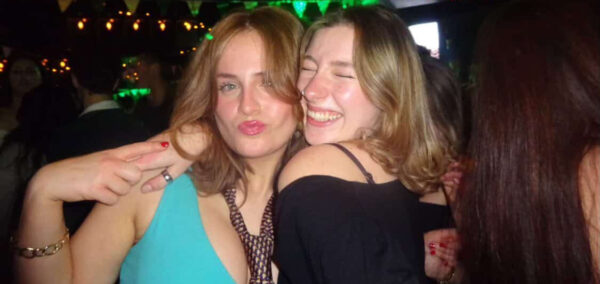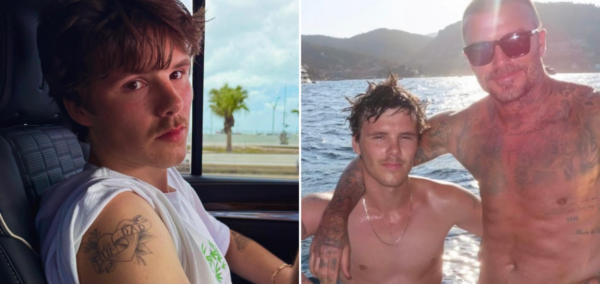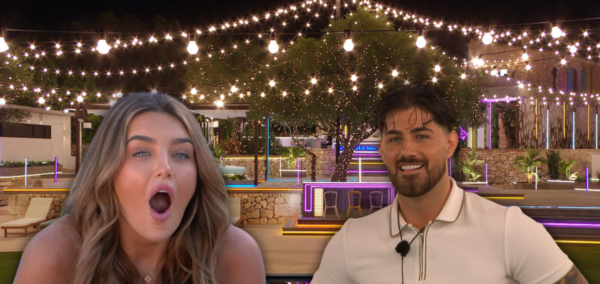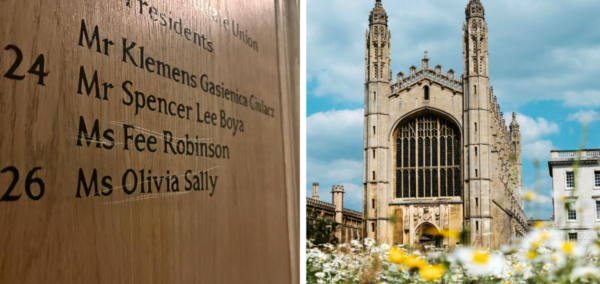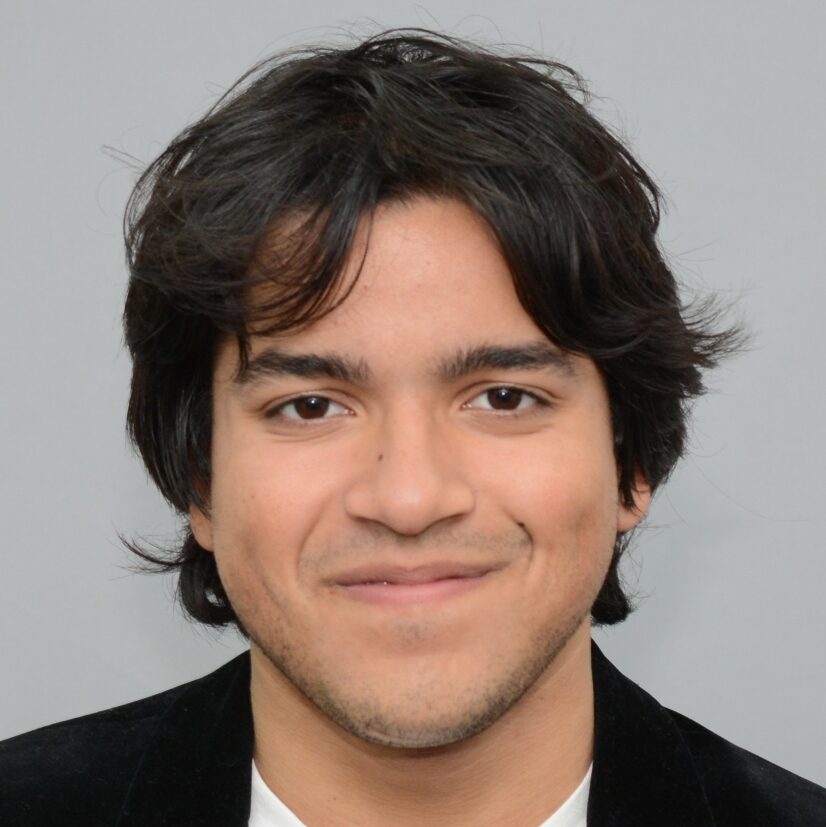
Rare illness and Durham: Two contrasting Freshers’ Weeks and how I recovered
I was diagnosed with Wilson’s disease two years ago: This is my story of recovery and return to Durham
Durham means more to me than it will mean to most freshers. To most, it is merely the next step on their academic journey, an exciting place to meet new people and experience what it is like to live away from home. Whilst all of that is also true for me, Durham symbolises something far greater – the end point on my road to recovery from a vicious, rare disease that I guarantee that most people reading this will have never heard of.
In 2022, I left school with good grades in English and history and a mediocre grade in physics. I had always been very good at physics throughout school, but in year 13 my grades had inexplicably begun to drop. My parents put this down to stress, but deep down I knew that this was something deeper.
That uneasy feeling only grew in the summer holidays, when my hands had started to shake, and my speech had begun to slow down. My thoughts were as normal, but talking took more effort. I tried to see my GP, but they said my symptoms weren’t anything to worry about. How wrong they were.

I then went off to Durham, and from there things nosedived. Everyone I met was absolutely lovely, but socialising with people had become exhausting. Eating had also become difficult, so no one wanted to sit with me because I took ages. I spent most of my time locked in my room listening to music. By week three I was utterly miserable and lonely. I missed home and I was depressed. I rang home and told my mum just how unhappy I was. She said she would pick me up and take me home so I could see a doctor. I thought at the time this was an overreaction, but I was so miserable, and I just wanted to see my cat.
I messaged my corridor that I was ill and had to go home for a few days, not really believing it would be “a few days”. I met my parents in the car park near Van Mildert and we took the journey back home largely in silence – talking had become very exhausting. Two days later I had an MRI scan, which for anyone who hasn’t had one, is not an experience I would recommend.
We fought the hospital hard for me to stay in a hospital bed. We could see how quickly things were deteriorating and we knew the quickest way of getting a diagnosis was for me to stay at the hospital – after a few days of tests, we finally had the answer.
I was told that I had a rare genetic disease called Wilson’s Disease. The disease is so rare that if I were in a full capacity Wembley Stadium, I would be the only one there with this disease. They said that this meant my liver could not break down copper, which was in certain food like chocolate, mango and nuts. After 18 years the copper had collected in my brain, eventually leading to all these neurological symptoms. They then said I would need to take medication every day for the rest of my life to do the job that my liver is meant to do, and instructed me to defer my studies at Durham until I was well enough to continue. Finally, they explained that I would likely get worse before I got better.
That last part was proved right; five months later, I couldn’t walk, talk or eat unaided. My muscles were in agonising pain, I was quickly losing weight, and I was constantly overheating. These were the longest five months of my life and I longed for the day I would turn the corner. Returning to Durham seemed like a distant dream.
Finally, by April 2023, I started very slowly improving, although it was clear that I would not be able to return in September – I could only say a sentence at a time and walking was still difficult. The more I improved, the more desperate I became to return to Durham. To me, Durham represented the end goal – I would have finally beaten the disease when I returned. It would be my final victory over one of the hardest things I have ever gone through.
By March 2024, it had become clear that I would be well enough to return to study and I was beyond overjoyed at the prospect: I would finally have my life back! I looked forward to seeing some of the friends I made in 2022 again.

When my second Freshers’ Week came around, I was slightly apprehensive that I would have difficulty relating to the other freshers: Most of them were two years younger than me. Would they find things funny that I did not? Would they be immature? My fears were soon proven wrong – I get on with most people I have spoken to this year, and I genuinely enjoy telling them about why I took two gap years.
What thrills me most though is being in Durham, not just because it marks the end of a difficult chapter in my life, but because it marks the beginning of the next chapter.


